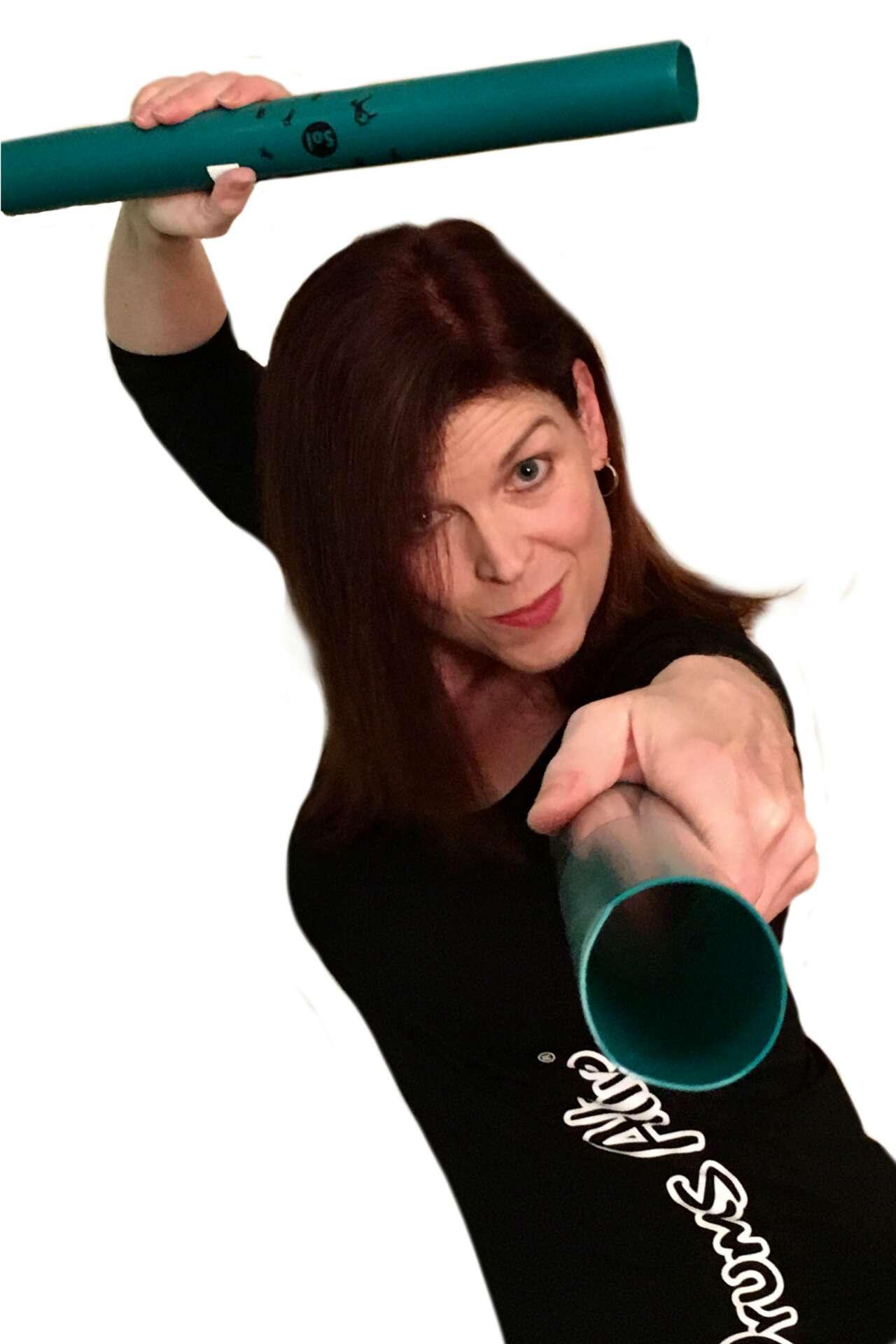We were lucky to catch up with Kelly Jackson recently and have shared our conversation below.
Kelly, looking forward to hearing all of your stories today. Can you talk to us about how you learned to do what you do?
Though I spent the bulk of my years as a public school music educator, I often supplemented this with passion projects in the performing arts. In both GA and NC, I’ve served as Music Director for theatrical productions, accompanist with choral ensembles and churches, pit musician for musicals, music arranger and conductor for ensembles, onstage performer, and Content Creator/Master Trainer with Drums Alive, Inc.–all of which feed my desire to work with talented and like-minded humans who similarly believe that the whole is always greater than the sum of its parts.
I can’t deny the value of education in facilitating my understanding of how to be an effective instructor. I have 3 music degrees–I love to learn–and it was in these programs that I honed my skills in educating young minds in and through music.
As for the other performing arts opportunities, I found that the best way to perfect my craft was simply to jump in with both feet, trusting in my intuition and skill set. In my case, having taken piano and been in choirs since childhood, starting as an accompanist for a local choir was a logical first step for me. An accompanist–as opposed to a pianist, who is often a soloist–must be a partner with the conductor and ensemble, interpreting nuances such as dynamic interpretation and phrasing, inserting small tempo changes for choirs to breathe, and anticipating the conductor’s intentions.
In the performing arts, “word of mouth” can work in your favor if you are good at your job (which often translates to talent + strong work ethic + kind heart). Soon I was being contacted by other choir directors to accompany their school ensembles, church choirs, and the like. I was then contacted to accompany for our school district’s All-County Musical, working with the Music Director during rehearsals and playing in the pit for performances. As I had also been involved in community theater as a child, I loved returning to my roots, and it made me yearn for more.
My fellow arts educators continued to bring me on to their projects, which now included gigs across the state of Georgia as accompanist, MD, and onstage or pit performer. With each gig, I looked forward to both collaborating with my fellow arts enthusiasts and learning something new from them. As a lifelong learner, I love to observe how others navigate their craft, and I often take some nugget of wisdom from them and apply it to my own journey.
In my experience, being open to going above and beyond has resulted in unexpected additional opportunities. In the theater, specifically, a willingness to help out where needed is often rewarded. I was playing for auditions for “Jesus Christ Superstar,” and each person who came in to sing for a particular role wasn’t quite achieving the MD’s vision, so I would sing it in the proper style as an example to auditionees. Later that day, the Director offered me the role, stating that no one had matched the quality that I’d been presenting in the auditions. (As someone who gets anxious at auditions, I loved getting a role that I didn’t have to officially audition for!) Within a couple of weeks, the MD had to leave the show and I was asked to step up as MD, while still maintaining my roles as accompanist/pit musician/onstage featured performer. One of the highlights of my performing career was playing in the pit while in costume, sneaking backstage onto a tall platform, singing my heart out, then running back down to the pit to play the rest of the show!
I have found that many glorious opportunities have come my way when I least expect them–or at least when I don’t try to put a chokehold on the process. Three examples come to mind–a few years ago, my former middle school choral conductor (who is also a good friend) asked if I’d like to be her collaborative pianist for Atlanta Young Singers. Though this was not on my radar at all, it was a joyous experience working with talented young choristers both as their accompanist and as a second educator (which spoke directly to my skill set). More recently, when I moved to NC, as I dropped off some donations at HART Theatre, I had a casual conversation with the staff about my previous experience, which has now led to becoming the MD for a number of shows and performing on their stages. And my work with Drums Alive developed quite out of the blue–I had used their fabulous music, movement, brain and body curriculum while teaching public school, and I wrote the company an email to let them know about my students’ positive experiences. This led to being invited to meet and work alongside the CEO and staff at a conference. From there, I offered my services as an editor for their online content (as editing is another skill of mine). Cut to today–I work with Content Creation/Program Development to enhance their offerings for educators, therapists, and fitness professionals, and as a Drums Alive Master Trainer, I present at conferences and facilities and train potential instructors in how to effectively use the transformative power of music, movement, drumming, and brain-based applications!
In all of these examples, I have been able to improve as an arts collaborator through a combination of education and prior experience, along with a willingness to be open, learn from others, trust in myself, and give 110%, all couched in a love of the collaborative process and those who work and play within it.
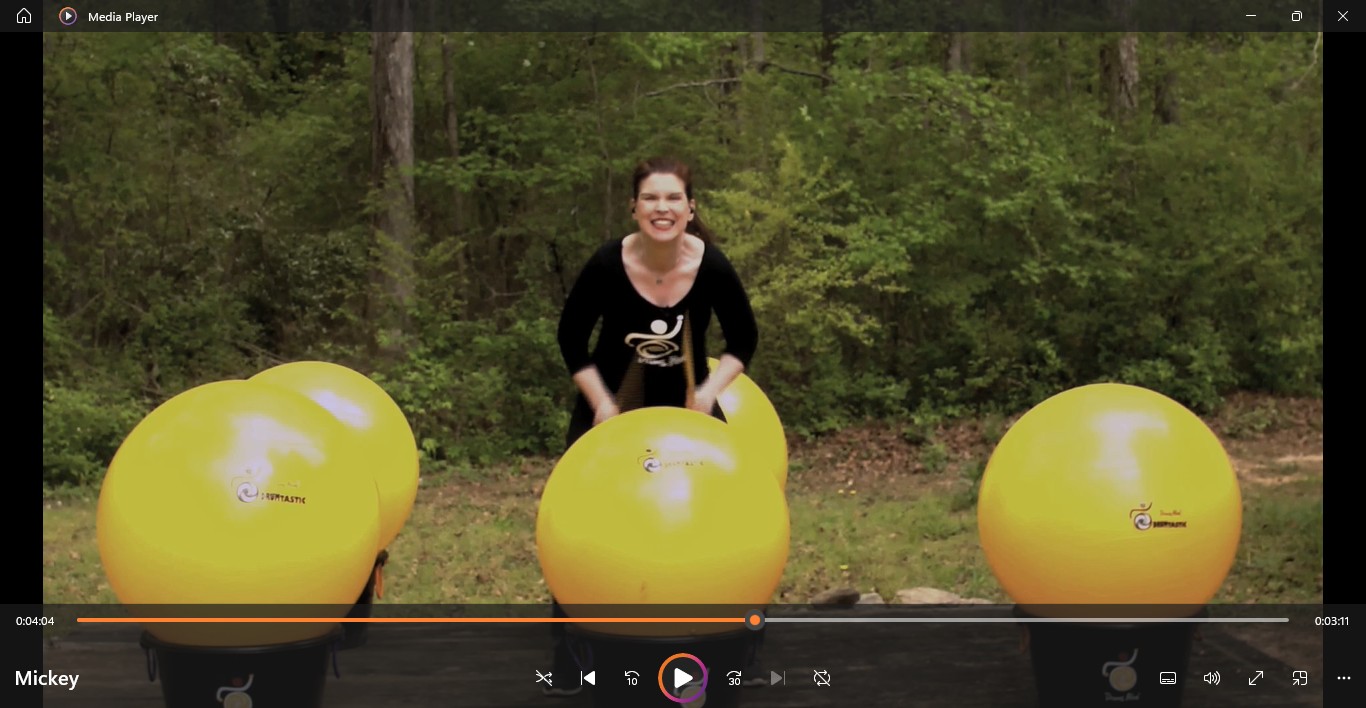
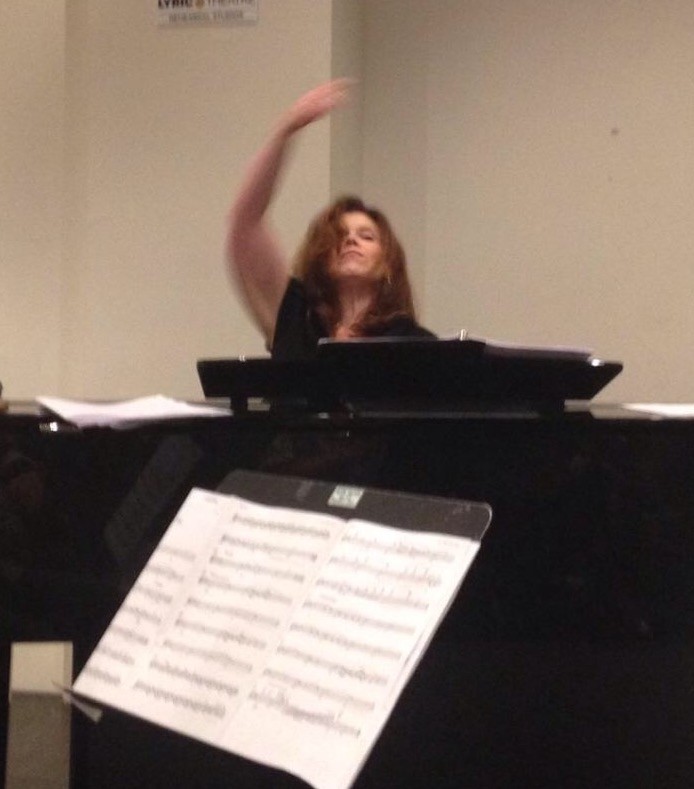
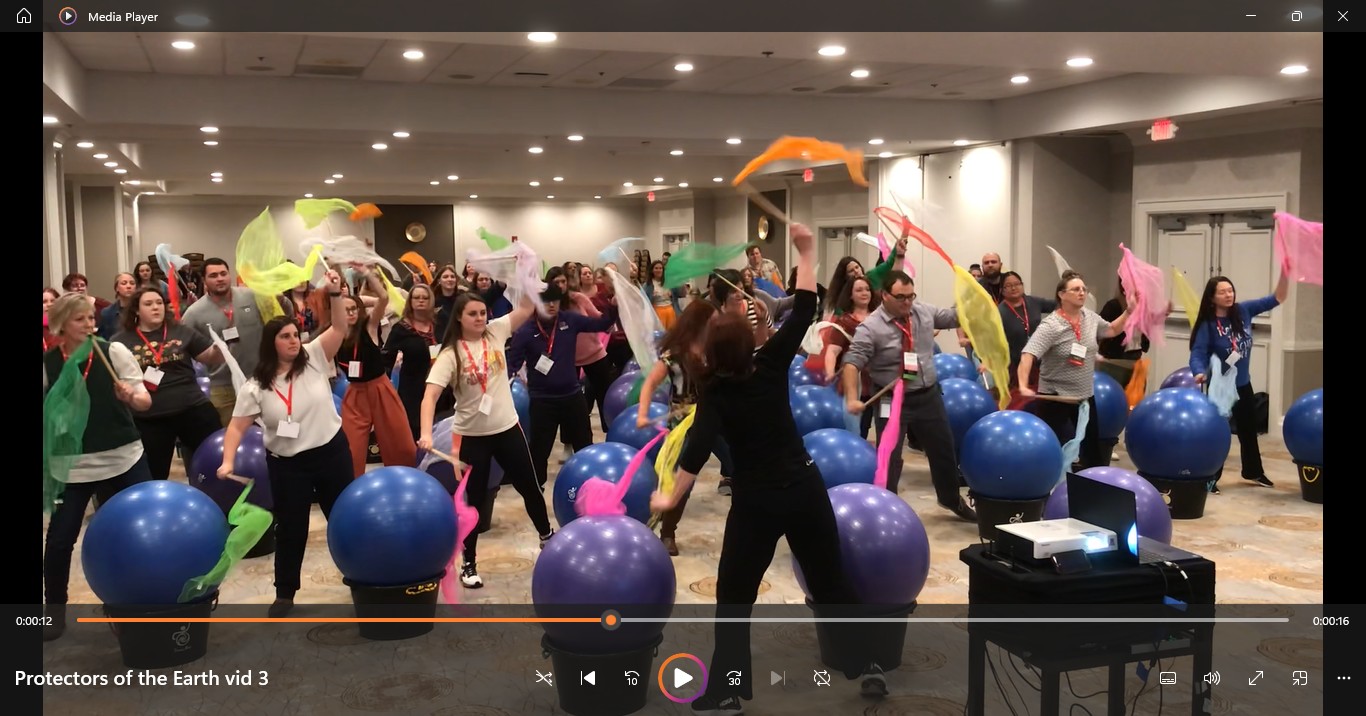
As always, we appreciate you sharing your insights and we’ve got a few more questions for you, but before we get to all of that can you take a minute to introduce yourself and give our readers some of your back background and context?
I am Kelly Jackson, and because of the number of hats that I have worn in my career, I use the term “Collaborative Arts Educator/Director” to describe my work.
I received my B.M. in Music Education from Furman University (SC) and my M.M. in Choral Conducting from Eastman School of Music (NY), then returned to my home state of Georgia to teach. I am retired from public school education, having spent 30 years in Clayton/Fayette Counties (GA) teaching general music in elementary schools and voice, piano, and music theory at a fine arts high school. While teaching, I took a 2-year sabbatical to attend Northwestern University (IL), then returned to GA to teach, receiving my Ph.D. in Music Education in 2007.
My experience in voice, piano, and theater at a young age instilled a lifelong love of the performing arts, and I have used this combination of skills to craft a unique collection of passion projects that speak to my love of collaboration in the arts.
Such projects have included:
Accompanist for ensembles, clinicians, churches, and theaters
Music Director/Pit Musician/Conductor
Music Arranger/Transcriber
Adjudicator for festivals
Onstage Performer
As many of these projects took place on evenings and weekends, I was able to enjoy a full artistic life, teaching young minds during the day while also feeding my artistic soul “after hours.”
My music teacher friends and I would joke about doing “6 shows a day,” where we were on call in front of the students constantly. There’s a bit of truth to this, and it certainly makes for a fertile training ground for honing your skills in the performing arts. Skills such as reading the room, anticipating needs, and inspiring a sense of wonder and joy can be just as important as presenting content. It is “soft skills” such as these that often transfer effectively to other situations, and which serve us well as we navigate the various collaborations in our journey.
I am currently enjoying retirement in Western North Carolina, delighting in new passion projects. I am active at HART Theatre (Waynesville), serving as Music Director/accompanist for several of their musicals. Any fear about not finding new opportunities to collaborate were squelched when I met Candice Dickinson, the Artistic Director. Once she learned of my abilities, she immediately pulled me in and gave me numerous opportunities to work with some of the best talent around.
I also work closely with Drums Alive, a brain and body music/movement program for all ages and abilities. When I first introduced this program to my students, I noticed that not only did they love drumming on stability balls (as did I), but they were engaging with each other in a new and exciting way, and I wanted to be a part of this innovative, evidence-based, global program. As a result of a series of interactions with the Drums Alive team, I have now parlayed my educational/collaborative skills into becoming a member of the Content Creation/Program Development Teams, where I assist with creating quality programs that serve the physical, cognitive, and emotional needs of participants–programs such as DRUMTASTIC (in educational settings) and Golden Beats (for older adults). I also provide online content in the form of instructional videos and choreographies, voiceovers, and supporting documentation. As a Drums Alive Master Trainer, I travel to schools, facilities, and conference halls to present Drums Alive workshops and offer live and virtual trainings for those who wish to become licensed Drums Alive instructors. I am excited about how Drums Alive has reduced anxiety, improved motor function and balance, helped with memory issues, and promoted social connection in participants–a worthy collaboration, indeed!
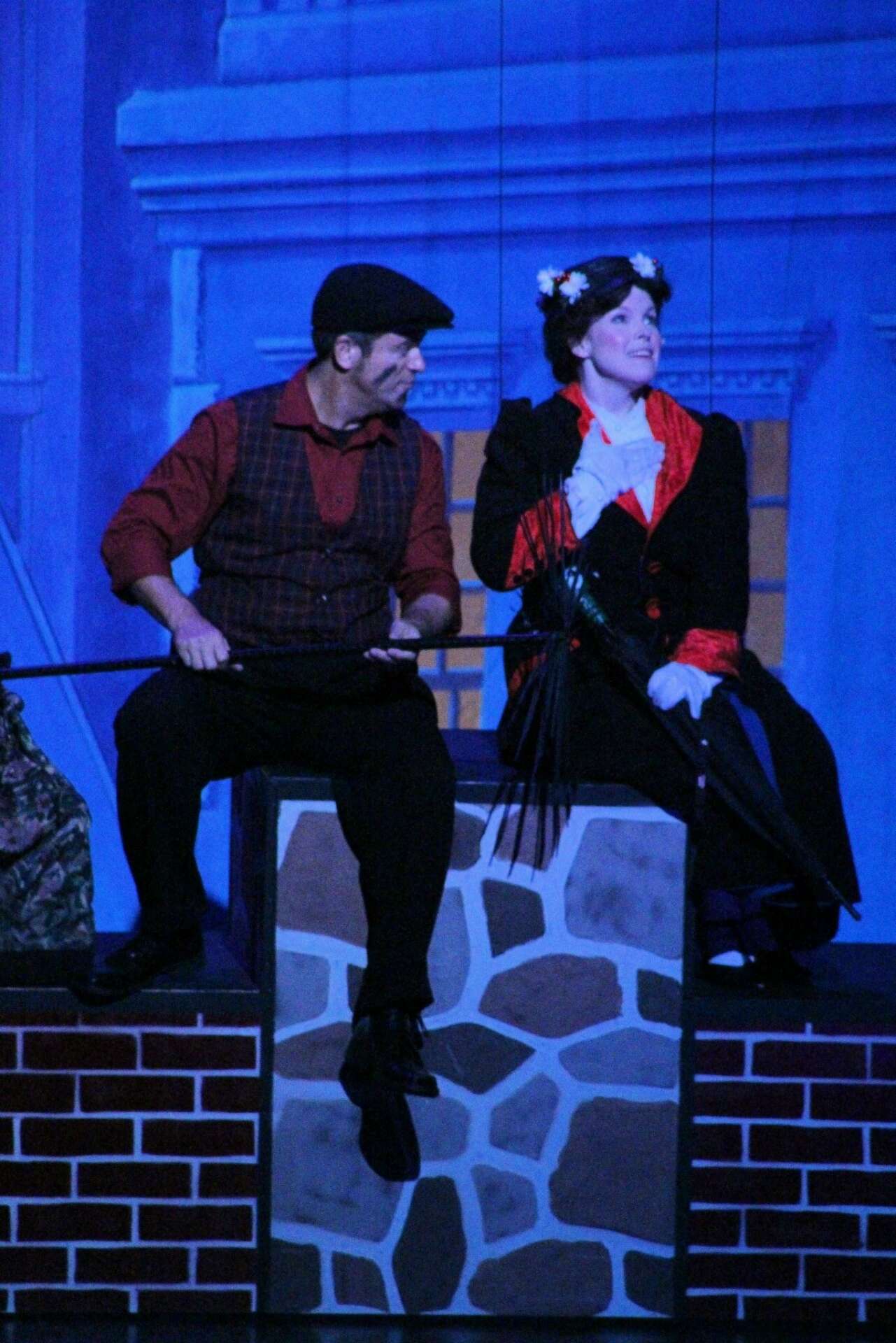
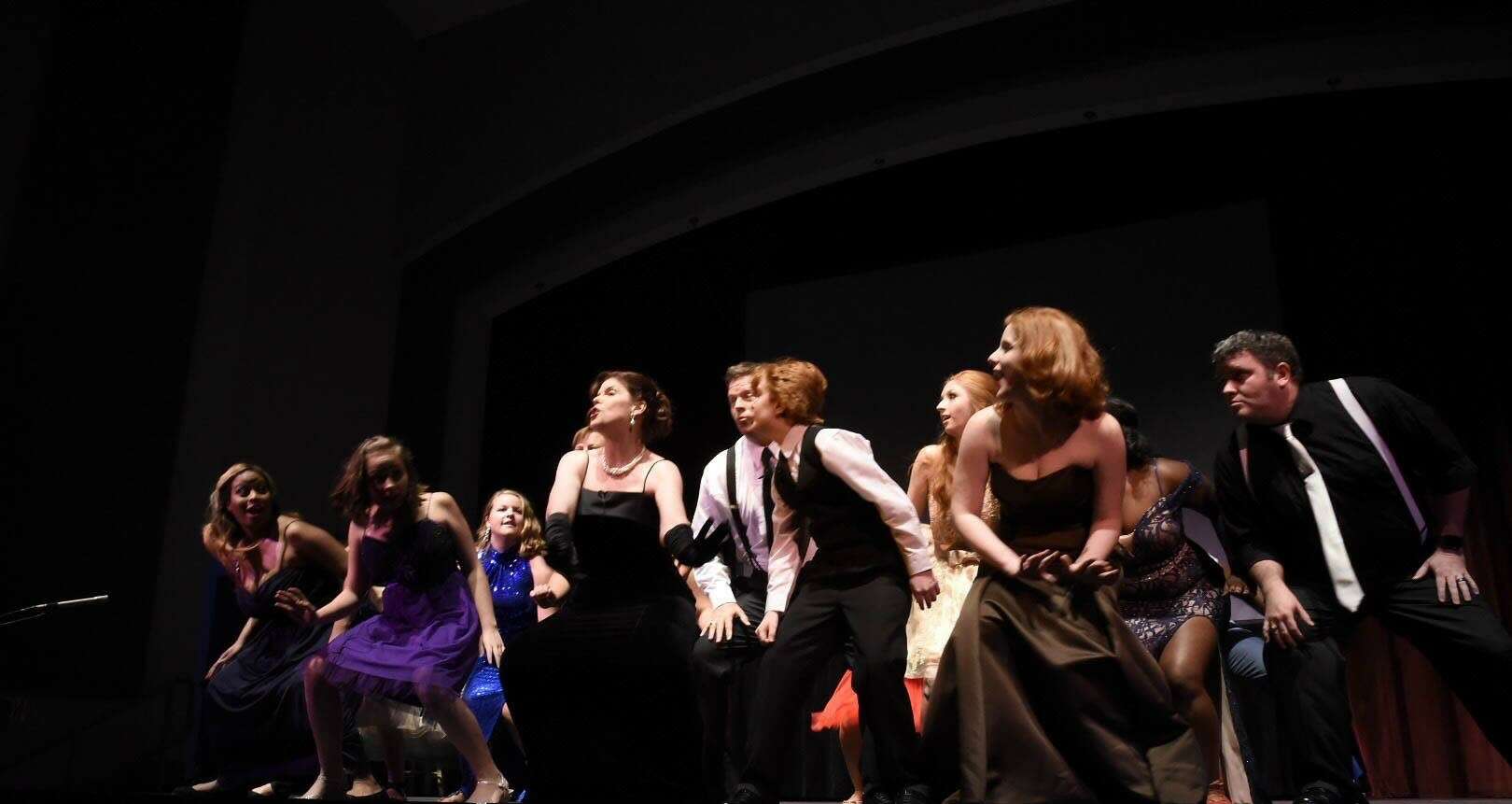
How’d you build such a strong reputation within your market?
As a music educator/accompanist in the early 90’s, I had no business card, and the internet wasn’t a thing yet, so word of mouth was the pipeline for building one’s reputation. And this worked both ways; whether your interactions were positive or negative, the word got out. My first accompanying gig came from a fellow music educator who asked me to play for his concert. Afterward, he gave me an envelope with a check–and then I realized that this was my entrance into getting paid for doing what I love. Effective accompanists are often hard to come by, so fortunately, my name started to be shared among choral directors, theater directors preparing for musicals, church choir directors, etc. And I’ve found that, if the person who hired me leaves the event with a positive impression of my contribution to the collaborative effort, then I often hear back when future events arise. It’s my goal to be as prepared, professional, helpful, and positive as possible–while also feeding my desire for quality collaboration with fellow creatives.
Even in today’s world, I continue to operate mainly on word-of-mouth referrals, or by face-to-face interactions. Though I may submit a resume or email with a potential client, I prefer to meet with people organically, perhaps by dropping by a facility and chatting with the staff, attending a show and introducing myself to the director, or offering to assist an educator by teaching a Drums Alive class. In my experience, it’s through interactions such as these that we can get to know each other more as people than as potential workers. Connecting and finding shared interests can often be the pathway that opens the door to collaboration.
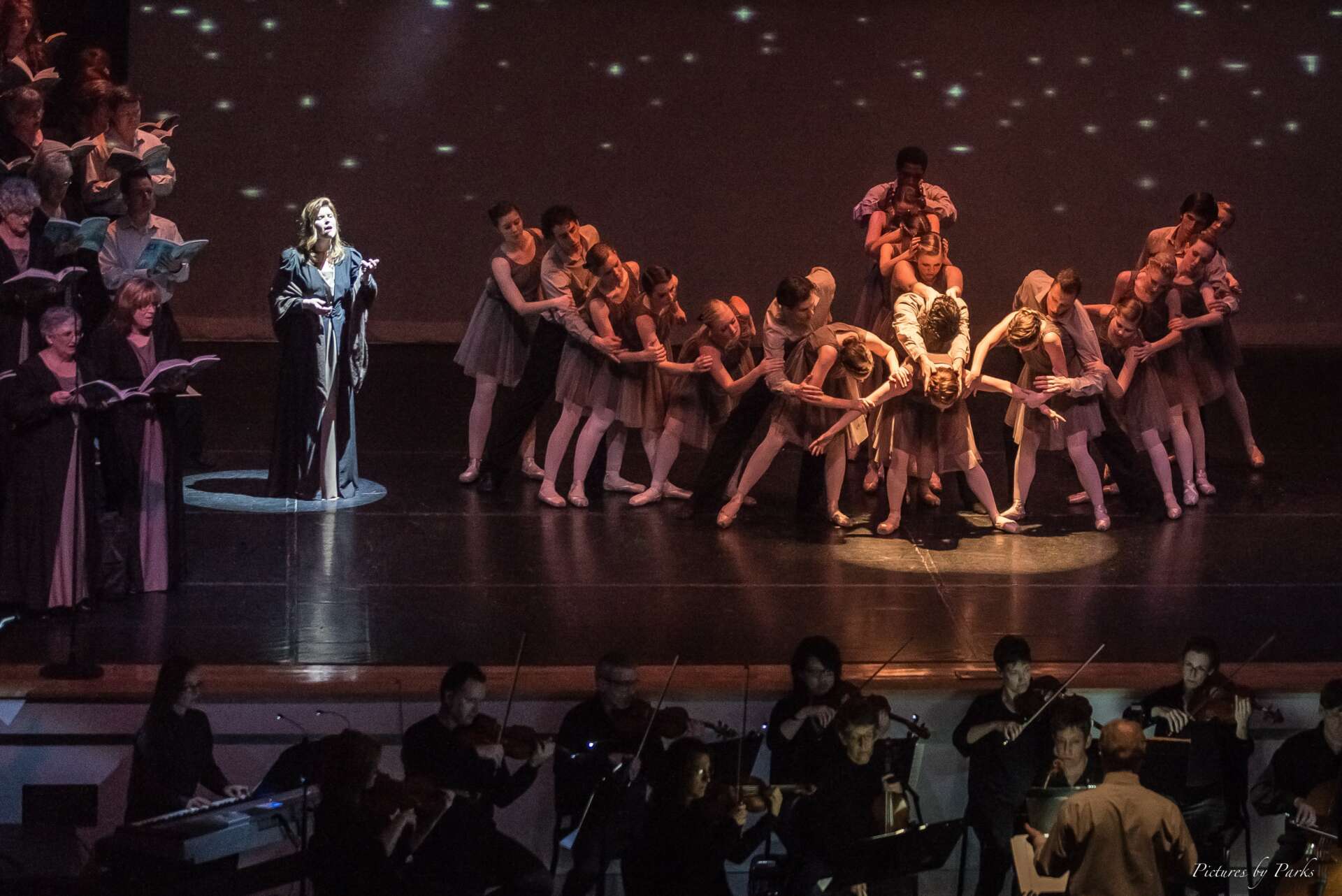
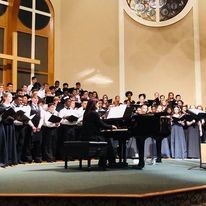
Is there something you think non-creatives will struggle to understand about your journey as a creative?
Unfortunately, there still exists a misperception that participation, college majors, or careers in arts fields are somehow inferior to those in more mathematical/scientific fields–that perhaps the arts are not economically viable or should be relegated to “hobby” status. This attitude was present even in the school where I taught a few years ago; after I presented a session to faculty on the role of the music teacher, a kindergarten teacher exclaimed that she never realized that music teachers had a curriculum and state standards to follow, just like her. Her view was that her students came to my room to sing and play instruments–to have fun. Yes, my goal was for them to have fun, but that fun was guided by years of college education, preparing me to write effective and sequential lesson plans for 800 students of varying ages with varying needs. It was also fueled by my passion for collaborating with my students, whether on a small project or a culminating performance.
True, all people are capable of expressing themselves through art, but the act of being a creative, of “doing art” as a career, is an evolution that moves from idea to execution, based on talent, skill, and planning. And to be an effective educator (which is in itself an art), I’m not simply well-versed in music; based on the day, I may also be a nurse, mediator, therapist, cheerleader, coach, and provider of a safe space. Educators consistently attend to the well-being of the whole person. Even music educators.
This evolution also exists when I’m serving in my performing arts capacities. I could not play for a choir without having had years of lessons on the piano and extensive experience in working with choral conductors. I could not act as Music Director without the ability to analyze a musical score, devise a rehearsal schedule that utilizes the actors’ time and talents efficiently, lead rehearsals and provide instant feedback, and work effectively with production staff.
As for those careers that others might consider more “important,” it’s my guess that the arts are present, too. Doctor? There’s an art to listening thoughtfully to a patient’s symptoms. Lawyer? Speaking confidently and persuasively is a plus. Architect? A perfect combination of art and math! Then there are the things that soothe us, that we gravitate toward in times of stress (such as the start of the pandemic)–books, movies, music. All arts endeavors. The forms of human expression that bring beauty to our lives.
In a sense, we are all creatives. We all have the capacity to make art. But there are those of us who choose a creative life, Or, perhaps, it chooses us. Either way, it is necessary for our happiness. And, I hope, for yours.
Contact Info:
- Website: drums-alive.com AND harttheatre.org
- Facebook: https://www.facebook.com/DrumsAliveNorthAmerica AND https://www.facebook.com/harttheatrenc/
- Youtube: @drums-alive AND @harttheatre4876


